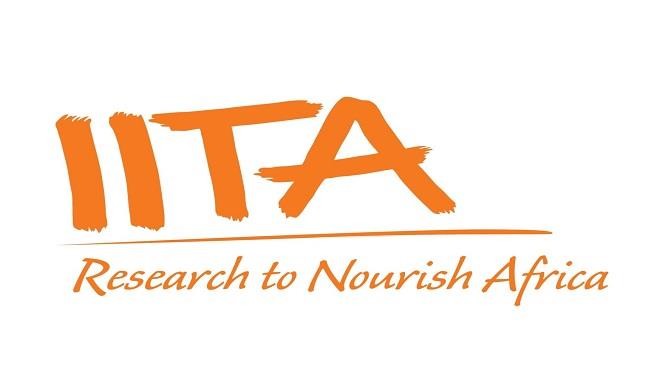Improved seeds: Research institutes strategise for 2019 farming season
The International Institute of Tropical Agriculture (IITA) in collaboration with International Crops Research Institute for the Semi-Arid Tropics (ICRISAT) has started strategizing on how to improve cereal crop productivity in the 2019 farming season. Speaking at a two-day workshop recently organized for the key players in the seed sub-sector, a Seed System Specialist with the […]

The International Institute of Tropical Agriculture (IITA) in collaboration with International Crops Research Institute for the Semi-Arid Tropics (ICRISAT) has started strategizing on how to improve cereal crop productivity in the 2019 farming season.
Speaking at a two-day workshop recently organized for the key players in the seed sub-sector, a Seed System Specialist with the IITA, Dr Lucky O. Omoigui, attributed consistent poor annual output in maize, sorghum, cowpea, groundnuts and millet to repeated use of local seeds by the farmers.
According to him, the synergy between the two institutes seeks to ensure that small holder farmers across the country get access to appropriate improved and high yielding seed varieties before the planting season commences.
He said timely access to rightful seeds is an enabler to small holder farmers to improve their productivity, emphasizing that “Where farmers are able to get appropriate variety of seeds with the right package, they can derive social benefits from it that will improve food production and reduce hunger.”
“Farmers all along do not have access to improved variety and that is why most of the small farmers use local variety.
“The essence of this training is to bring major stakeholders in the seed sub-sector together, the seed companies, the research institutes, so that they will be able to sit down and plan adequately what is the quantity of breeder seed we need to produce to meet up the demand for foundation seed production, what is the quantity of foundation seed production that you need to produce to meet up with the demand for the certified seed production. So we need to know all these things to know that there is no gap in the seed system right from foundation seed and certified seed,’’ he said.
The workshop which brought together 52 key players in the seed subsector was aimed at providing a roadmap for the research institutes to be able to produce genetically modified seeds that are adaptable for cultivation in various agro-ecological zones of the country.
